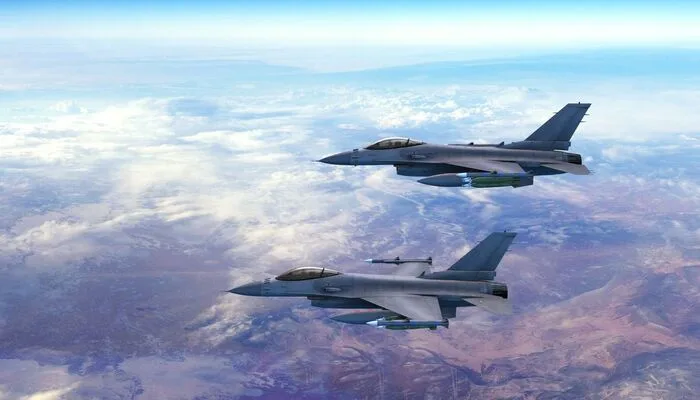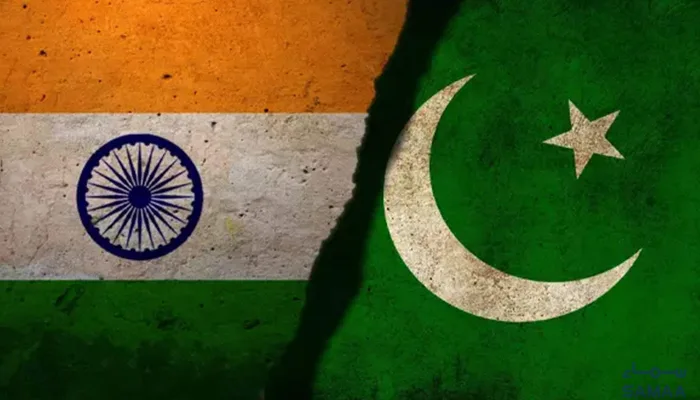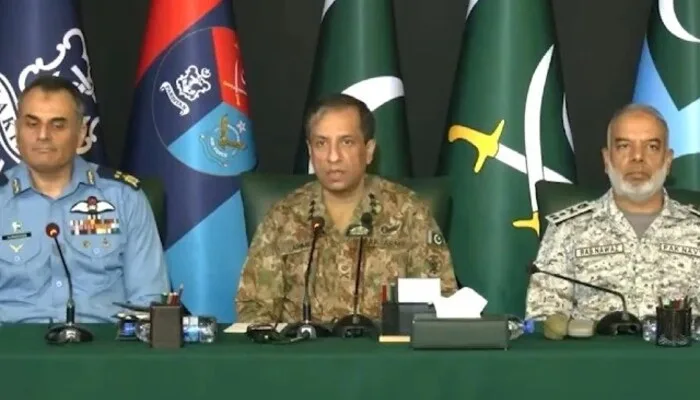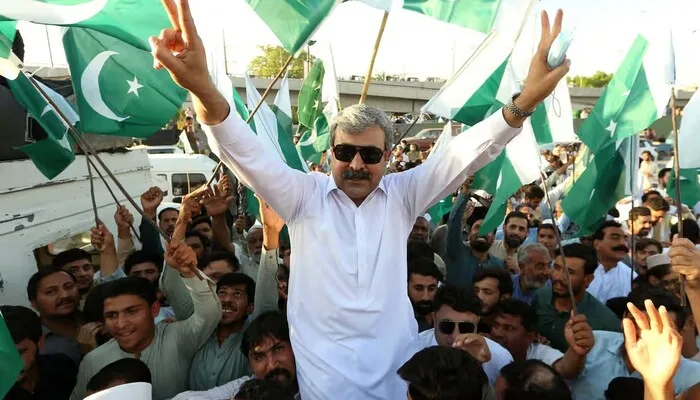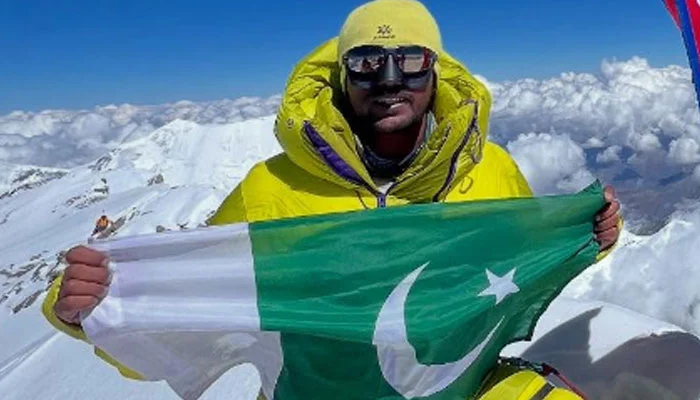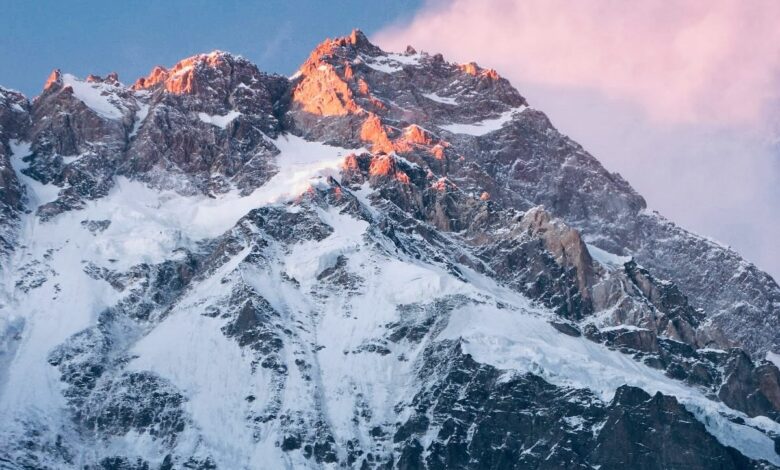
On Monday morning, climber Murad Sadpara tragically succumbed to injuries after a rescue operation by the Pakistan Army was launched to save him on Broad Peak in Gilgit-Baltistan. Broad Peak, standing at 8,051 meters, is the world’s 12th highest mountain and is known for its treacherous terrain and harsh weather, which often result in fatalities among climbers.
Sadpara, who was working as a guide for a Portuguese climber, slipped at an altitude of around 5,000 meters on Sunday. The accident occurred during the descent, near Camp 1, when Sadpara was struck on the head by a loose rock. Despite the efforts to rescue him, the challenging conditions made a quick rescue impossible, leading to his untimely death.
The accident highlights the dangers of high-altitude climbing, where even the most experienced climbers are at constant risk. Just last month, two Japanese climbers went missing on K2, and another climber died after falling into a crevice on Golden Peak in the same region. These incidents serve as stark reminders of the perils faced by mountaineers in the Karakoram Range, where some of the world’s highest and most dangerous peaks are located.
Karrar Haidri, the secretary of the Alpine Club of Pakistan (ACP), confirmed Sadpara’s death, stating that the harsh conditions on the mountain delayed rescue efforts. He described Sadpara as a courageous and selfless individual who left behind a lasting legacy, as well as a grieving family, including three daughters and a son.
Sadpara had recently participated in a notable mission to retrieve the body of Hassan Shigri, a porter who died on K2 the previous year. This mission underscored his dedication to the climbing community, where he was known for his bravery and commitment.
Mountaineer Naila Kiani, who had sought the army’s help to rescue Sadpara, provided additional details about the incident. She explained that the Portuguese climber had hired Sadpara and a Nepali Sherpa for the summit. When the climber fell ill, the team had to turn back without reaching the peak. During their descent, Sadpara was struck by the rock, which ultimately led to his death. Although he was wearing a helmet and was roped in, the rock’s size likely caused fatal internal injuries.
The rescue mission, carried out by the Pakistan Army, involved six local rescuers and mountaineers, including climbers from Sadpara village in Skardu and Shagar. Despite their best efforts, the challenging environment and logistical difficulties hindered a timely rescue. Sadpara’s body was eventually moved to a Japanese camp on the mountain and was expected to be transported to Skardu via an army helicopter later that day.
The news of Sadpara’s death brought an outpouring of grief and condolences from various leaders and the climbing community. President Asif Ali Zardari expressed his sorrow and praised Sadpara’s contributions to mountain climbing, while Gilgit-Baltistan Chief Minister Gulbar Khan called him a “brave adventurist” whose services would always be remembered.
Naila Kiani, heartbroken by the loss, posted a tribute to Sadpara on Facebook, highlighting his heroism in rescuing others and his recent efforts to bring down Hassan Shigri’s body from K2. She also thanked the climbers and the army who assisted in the rescue operation but expressed frustration over the delays caused by administrative issues.
Kiani called for revising the standard operating procedures (SOPs) for handling such incidents to avoid future delays. She also suggested granting a no-objection certificate for a private helicopter service or allowing Askar Aviation to purchase private helicopters. This, she argued, would enable climbers to have access to flexible and timely rescue operations, reducing reliance on military resources and potentially saving more lives in the future.
More News: Sheikh Hasina Accuses US for Her Removal
Follow us on Instagram, YouTube, Facebook, Whats App, and TikTok for latest updates.







